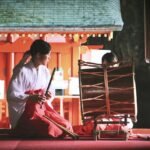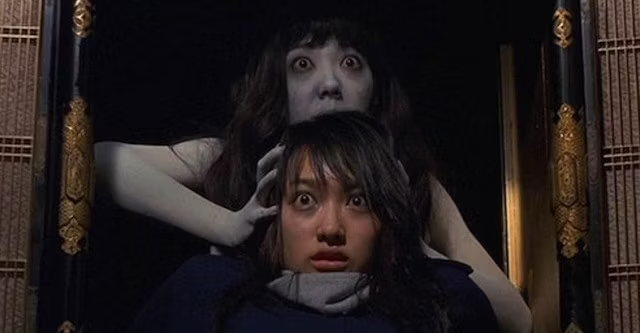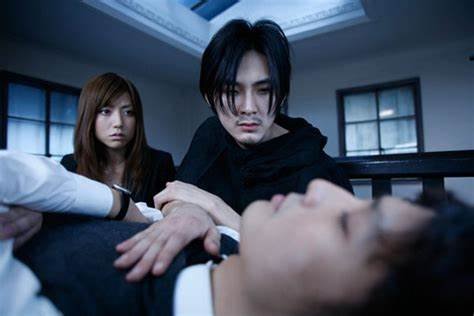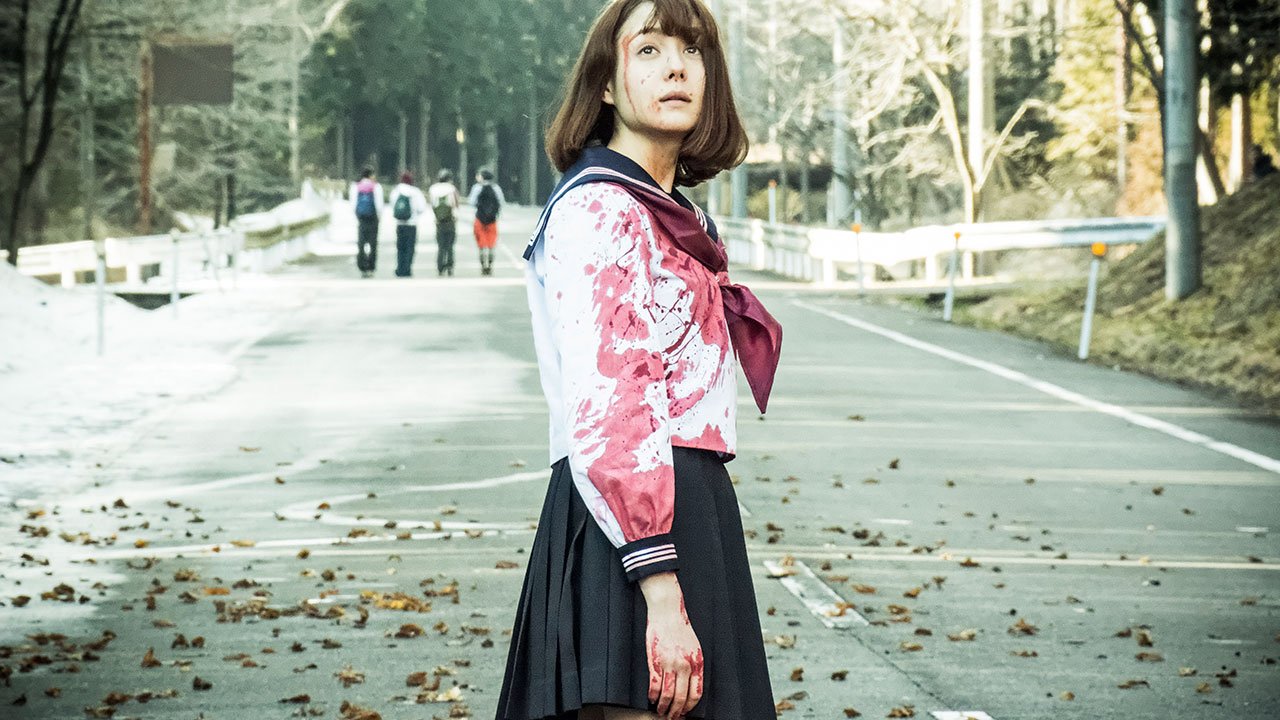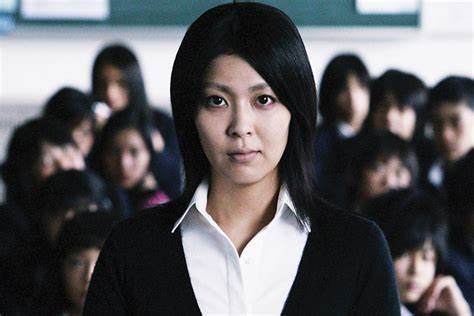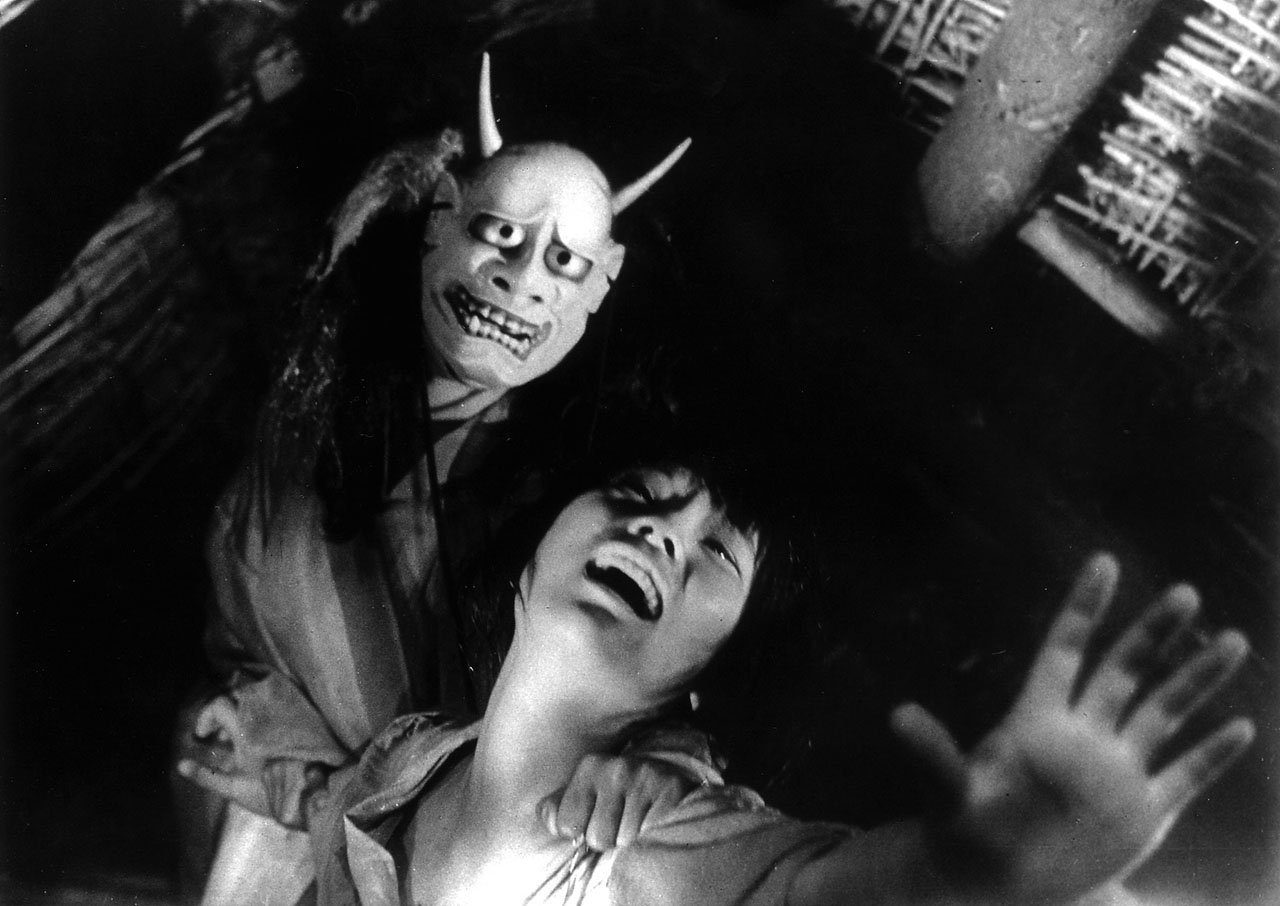Japanese horror films have significantly impacted the genre, influencing global cinema with their distinctive storytelling, atmospheric tension, and cultural depth. From eerie ghost stories to psychological thrillers, these films have redefined horror and inspired filmmakers worldwide. This article explores some of the most iconic Japanese horror films that have shaped the genre and left a lasting legacy.
Ringu (1998)
Ringu, directed by Hideo Nakata, revolutionized Japanese horror with its concept of a cursed videotape. The film follows a journalist investigating a mysterious tape that causes viewers to die seven days after watching it. Ringu is celebrated for its chilling atmosphere, subtle scares, and focus on psychological terror rather than graphic violence.
The film’s impact extends beyond Japan, leading to a successful American remake, The Ring (2002). Ringu’s influence is seen in its revival of supernatural horror and its inspiration for films involving curses and vengeful spirits.
Ju-on: The Grudge (2002)
Directed by Takashi Shimizu, Ju-on: The Grudge is a landmark in Japanese horror. It tells the story of a family cursed by a vengeful spirit, with the curse spreading from one person to another. Known for its non-linear narrative and unsettling atmosphere, Ju-on: The Grudge introduces the concept of a curse perpetuated through physical contact, creating pervasive dread.
The film’s success led to several sequels and an American remake, The Grudge (2004), showcasing its broad appeal and influence. Ju-on: The Grudge is significant for its contribution to the J-Horror movement and its impact on the portrayal of cursed spirits.
Audition (1999)
Takashi Miike’s Audition blends psychological horror with shocking twists. The story follows a widower who holds a fake audition to find a new wife, only to discover that one of the candidates has a dark and violent past. Audition is noted for its slow-burn tension and its shift from romantic drama to disturbing horror, culminating in one of the genre’s most memorable sequences.
The film’s unique approach, mixing psychological and body horror, has influenced many filmmakers and remains a key example of Miike’s ability to push genre boundaries.
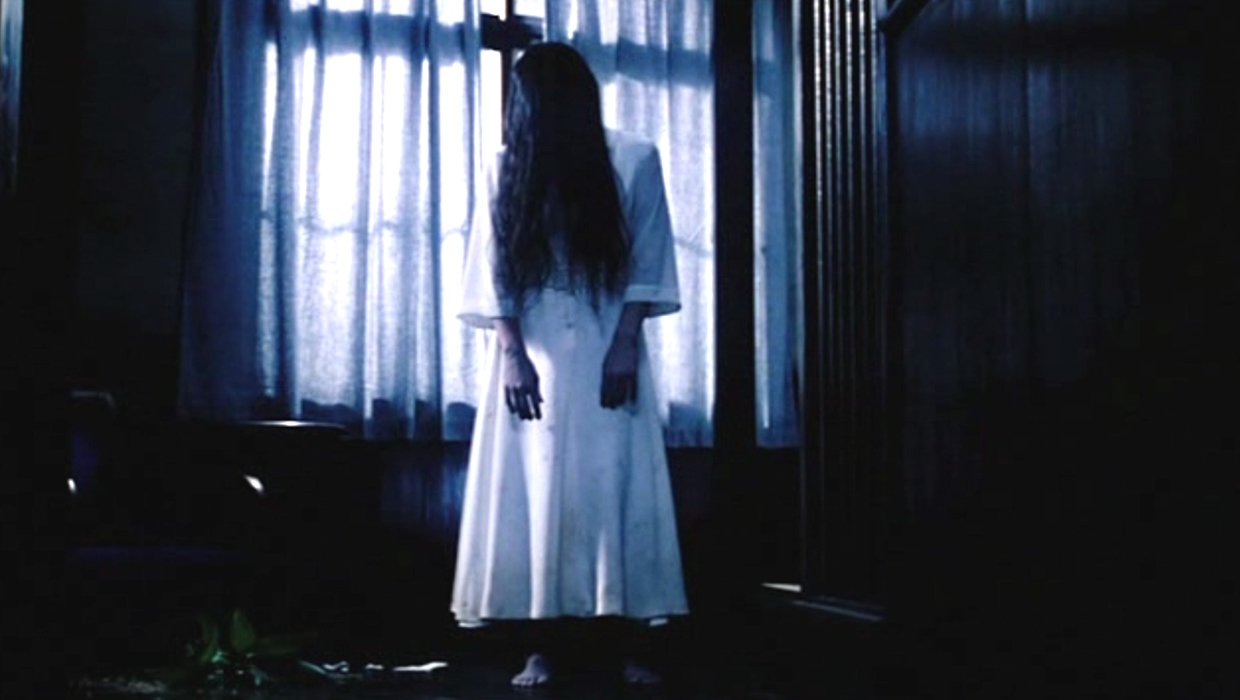
Dark Water (2002)
Dark Water, directed by Hideo Nakata, is a haunting story about a mother and daughter who move into a dilapidated apartment building and encounter supernatural phenomena linked to a mysterious water stain. The film is known for its atmospheric tension, emotionally charged story, and effective use of water as a symbol of the supernatural.
Dark Water also inspired an American remake (2005) directed by Walter Salles, demonstrating the film’s global impact. It is a significant example of how Japanese horror can use everyday fears and objects to create unsettling experiences.
Kairo (Pulse) (2001)
Kairo, directed by Kiyoshi Kurosawa, presents a chilling vision where technology becomes a conduit for ghosts and supernatural forces. The film explores themes of isolation and existential dread as people are haunted by spirits transmitted through the internet. Its innovative use of technology as a medium for horror reflects contemporary anxieties about digital connectivity and isolation.
Kairo is influential for its eerie atmosphere and thought-provoking commentary on technology and modern life. It has inspired discussions about the intersection of technology and horror.
The Ring Virus (1999)
The Ring Virus, a South Korean adaptation of Ringu, offers a fresh take on the cursed videotape narrative while staying true to the core elements of the original. Directed by Kim Dong-bin, the film introduces cultural variations that resonate with Korean audiences.
The success of The Ring Virus demonstrates the global appeal of the cursed videotape concept and highlights how Japanese horror can be adapted and localized to different cultures.
Conclusion
These iconic Japanese horror films have profoundly influenced the genre, setting new standards for storytelling, atmosphere, and cultural integration. Their innovative approaches to horror, combined with their deep cultural roots, have left a lasting impact on both Japanese and international cinema, shaping the future of horror films worldwide.



